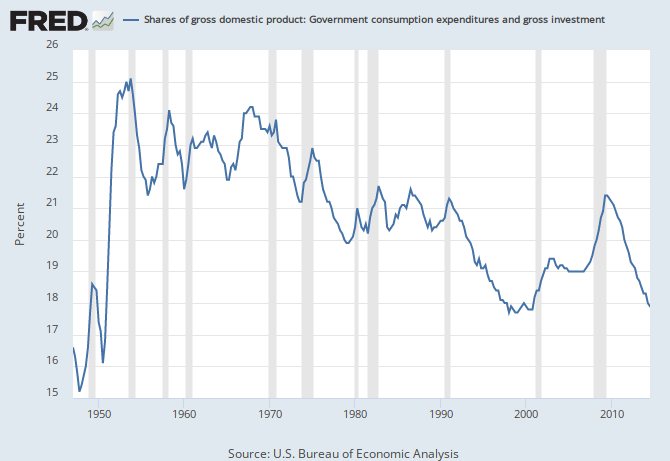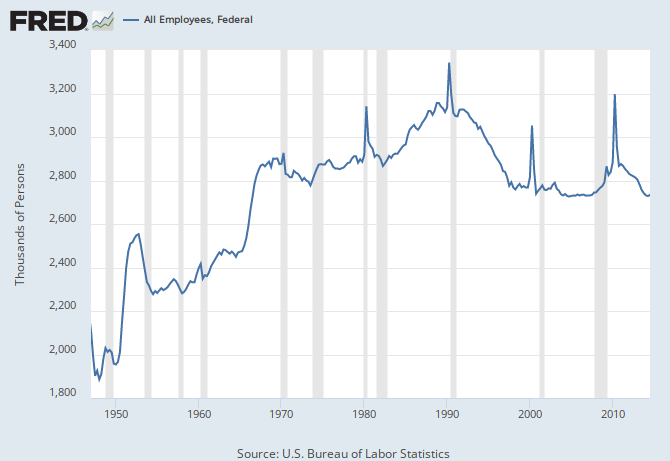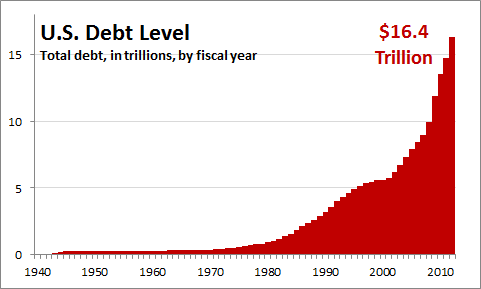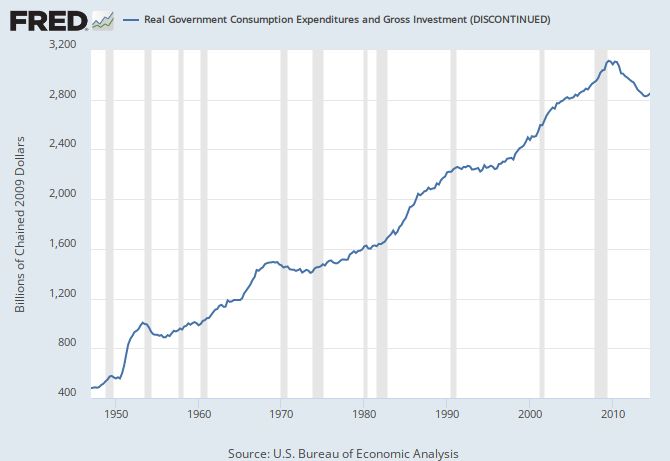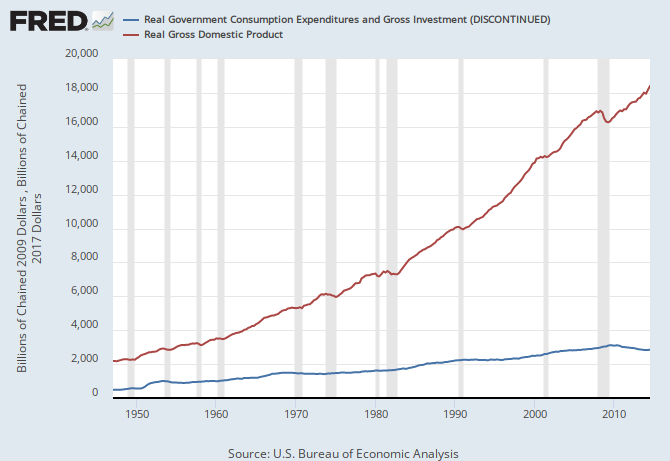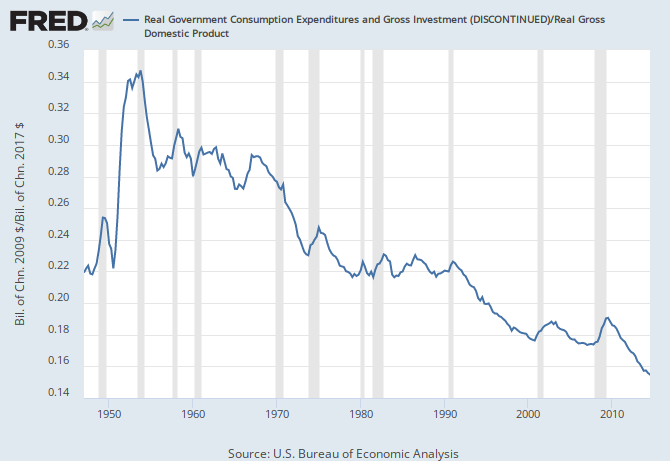PhDeac
PM a mod to cement your internet status forever
- Joined
- Mar 16, 2011
- Messages
- 155,034
- Reaction score
- 22,061
Outside of railroads and regulated monopolies....name a few
The most simple example would be areas with one cable/internet provider.
A more complex example stems from the fact that many of the goods we buy are made up of many different products provided by many different vendors. It would take an inordinate amount of research to simply "buy elsewhere" and find out which products don't use the part, packaging, or whatever that a customer doesn't want to buy.

